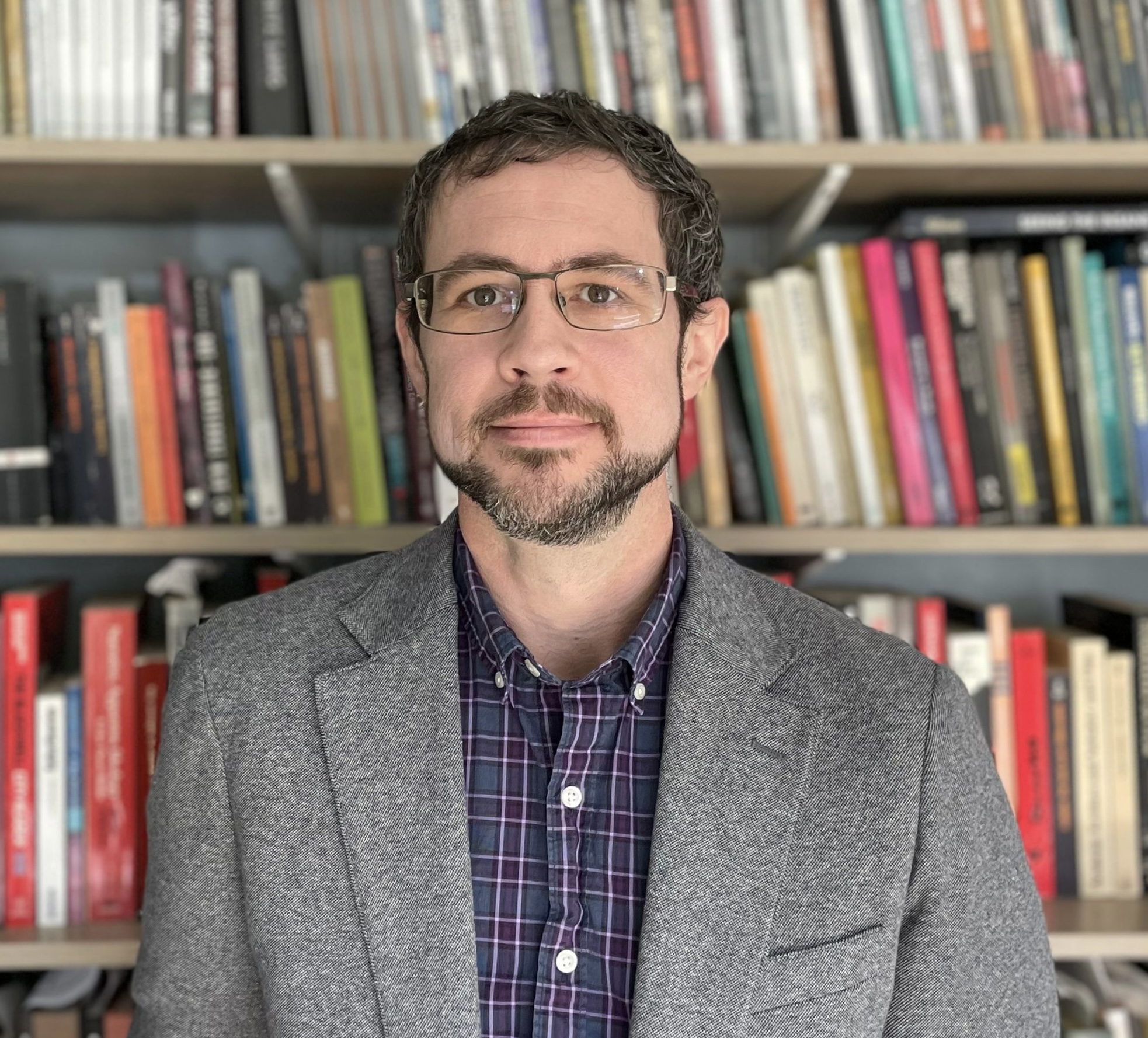
Paul Dobryden
Assistant Professor of German
The world is a strange place. Amid the routines of daily life, however, things start to feel normal, making it difficult to grasp just how strange the world really is. One of the things I most appreciated about my time as a student was encountering works of art, literature, philosophy, and history that produced moments of estrangement, revealing what had previously seemed normal or natural to be full of wonder, ambiguity, contingency, and contradiction. My interest in the cinema of Germany’s Weimar Republic (1918-1933), for instance, was sparked as an undergraduate by Expressionist silent films like The Cabinet of Dr. Caligari and Nosferatu, which used the relatively new technology of film not to reproduce the external world as it typically appeared, but to render it uncanny through distorted sets, extreme gestures and facial expressions, and phantasmagoric special effects. After receiving my undergraduate degree, I spent a year studying at the Free University in Berlin, where courses on the history of experimental film and the film theory of the Russian Formalists deepened my understanding of how films can challenge our normal ways of seeing. These formative experiences led me to graduate school and still inform the scholarly work I do on Weimar cinema today. I hope my Engagements course will help students appreciate estrangement as both a pleasure in itself and a spur to critical thought about the world around us.
